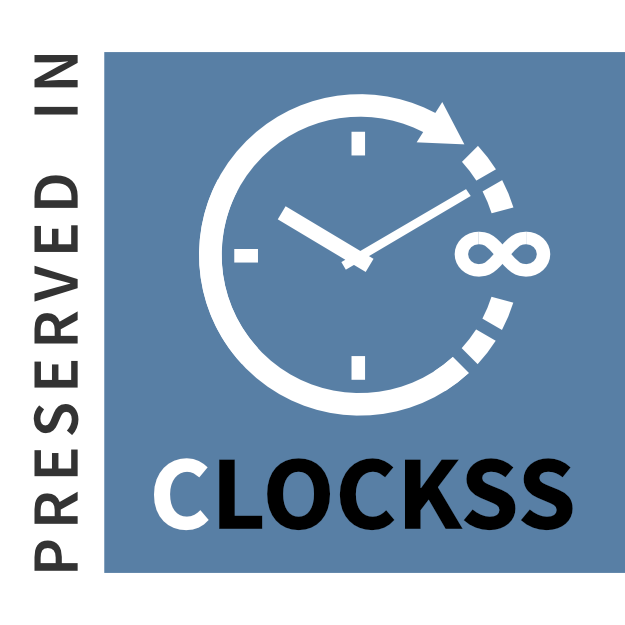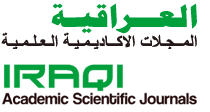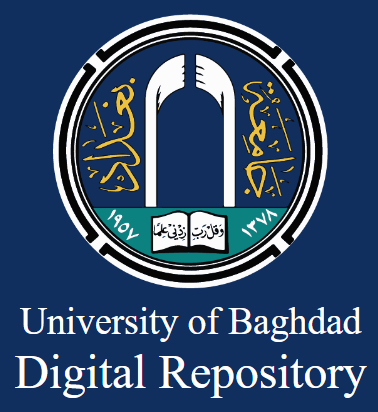The role of the theatrical technical supervisor in developing the skills of preparatory stage learners
DOI:
https://doi.org/10.35560/jcofarts1176Keywords:
school theater, theatrical technical supervisor, speech, body movement, cognitive skillsAbstract
The current study aimed to identify the role of the theatrical technical supervisor in developing and enhancing the skills of middle school students in Baghdad. The sample consisted of 73% of the original community of theatrical technical supervisors, randomly selected from those working in the first, second, and third educational directorates in the Rassafa and Karkh areas. The sample size was 32 theatrical technical supervisors. The study used a questionnaire to collect data on three axes: the cognitive skills developed by the theatrical technical supervisor, the voice and speech skills developed by the supervisor, and the body movement skills developed by the supervisor. The results showed that the theatrical technical supervisor plays a significant role in developing and enhancing the skills of middle school students in Baghdad, with body movement skills being the most developed, followed by cognitive skills, then voice and speech skills. The study recommends organizing training courses and programs for teachers to use the school theater as an educational tool, preparing a guide for school theater activities, and conducting further studies from the perspective of students to shed more light on the role of school theater in the educational process.
References
Al-Ayyash, A. (2013). The reality of school media and a proposed vision for activating it from the point of view of teachers and students of the second year in the basic education stage in Damascus city schools, unpublished master’s thesis. Damascus: College of Education, University of Damascus.
Al-Maliki, M. (2010). The importance of school theater and children’s theater and their interaction to achieve educational goals and their absence in schools and educational institutions. Journal of Educational Studies(11).
Bou Allam, K. (2019). Theatrical Work Management Standard. Oum El Bouaghi University, Department of Arts.
Eastman, W. (2017). participation of Puppet theater in the learning process. California: Saga publishing.
Ismail, H. A. (2020). Children's theater between directorial thought and educational behavior: an aesthetic study in theatrical presentation. Journal of the Scientific Society for Sustainable Educational Studies, 6(2), 300-322.
Manasra, J. (2018). Lights on the School Theater. Amman: Al-Hamid Publishing House.
Mavroudis, N., & Bournelli, P. (2019). The Contribution of Drama in Education to the Development of Skills Improving the Interpersonal Relations of Multicultural Classroom Students. Journal of Educational, 5(2).
Milad, M. (2011). School theater and raising the level of achievement of basic education students in schools in my region. Damascus University Journal, 27(1+2).
Moussa, A. A. (2021). The effectiveness of a training program to improve the cognitive skills of students with mental disabilities. Education Journal, 202(50), 145-155.
Muhammad, A. K. (2021). Performative harmony between the actor’s internal feeling and external movement on stage. Maysan Journal of Academic Studies, 40(20), 212-222.
Nassar, H. (2020). The effectiveness of the constructivist interactive theater activities program in developing some life mathematical problem-solving skills among orphan children aged 5-6 years. Scientific Journal(fifteen).
Saifi, S. d. (2022). The effectiveness of school theater on education in Iraqi schools. Lark Journal of Philosophy(44), 556-576.
Downloads
Published
Issue
Section
License
Copyright (c) 2023 Asmaa Saadoun Ali

This work is licensed under a Creative Commons Attribution 4.0 International License.













